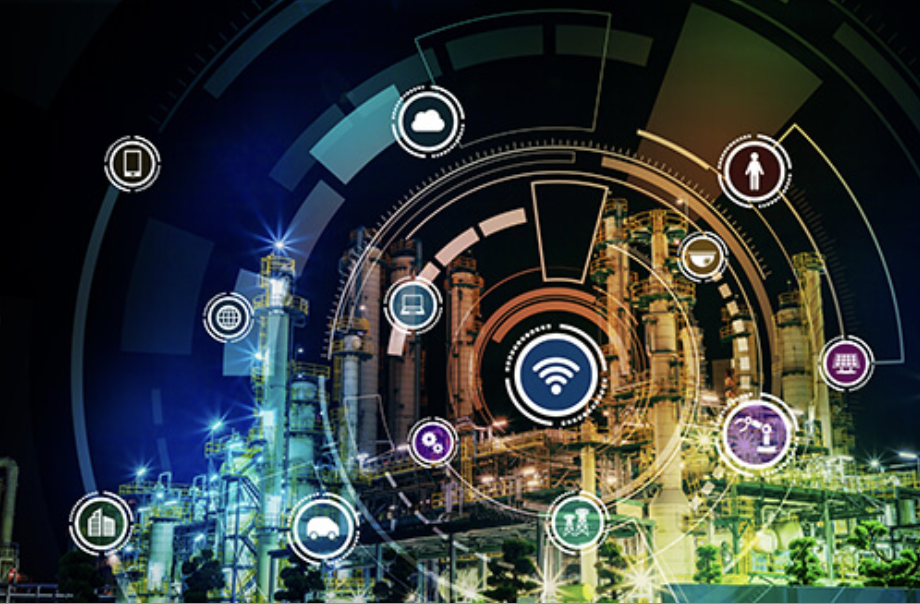AI and Advanced Manufacturing Techniques: Empowering the Future Workforce

By Russ Fadel, CEO at Augmentir
 The manufacturing industry is undergoing a transformative phase, driven by the reshoring and nearshoring movement, as well as the goals set forth by the CHIPS Act and the Inflation Reduction Act. However, this resurgence of manufacturing presents a new challenge—finding and retaining skilled talent. To address this talent shortage, companies are turning to advanced manufacturing techniques powered by artificial intelligence (AI) to augment human capabilities and foster a culture of continuous learning and improvement. In this article, we will explore how AI is being utilized to alleviate the talent shortage in the manufacturing industry.
The manufacturing industry is undergoing a transformative phase, driven by the reshoring and nearshoring movement, as well as the goals set forth by the CHIPS Act and the Inflation Reduction Act. However, this resurgence of manufacturing presents a new challenge—finding and retaining skilled talent. To address this talent shortage, companies are turning to advanced manufacturing techniques powered by artificial intelligence (AI) to augment human capabilities and foster a culture of continuous learning and improvement. In this article, we will explore how AI is being utilized to alleviate the talent shortage in the manufacturing industry.
The Need for Skills-Based Manufacturing
In an era of increasing turnover and workforce variability, the traditional approach to manufacturing workforce management is becoming inadequate. Instead, companies are recognizing the importance of skills-based manufacturing, where individuals possess specific expertise that aligns with the tasks at hand. Augmentir, a leading provider of AI-powered solutions, believes that the future of manufacturing lies in this skills-based approach.
By leveraging AI, Augmentir empowers companies to create a culture of continuous learning, where workers can easily acquire new skills and improve their performance. This approach not only enhances productivity but also contributes to a more engaged and satisfied workforce. According to a McKinsey report, companies that embrace AI-powered learning reduce training time by up to 50% and achieve a remarkable 60% improvement in learning outcomes.
AI’s Role in Manufacturing
AI plays a pivotal role in transforming the manufacturing landscape. One of its primary applications is in knowledge capture and transfer. Experienced workers often possess valuable insights and techniques that are difficult to document and share. By utilizing AI-powered tools, such as augmented reality (AR) and connected worker solutions, companies can capture and digitize this tacit knowledge, making it accessible to the wider workforce. This democratization of knowledge ensures that critical expertise is preserved and shared across the organization, mitigating the impact of retiring workers or turnover.
Another area where AI shines is in the realm of preventative maintenance. Traditional maintenance practices often rely on reactive measures, resulting in costly downtimes and unplanned disruptions. By analyzing vast amounts of data from sensors and equipment, AI algorithms can predict equipment failures, enabling proactive maintenance interventions. This not only extends the lifespan of machinery but also minimizes downtime and improves overall operational efficiency.
Preventative maintenance can be further enhanced through “autonomous maintenance” – a manufacturing strategy that gives equipment operators more control over routine maintenance procedures, empowering them with digital guidance and support so that they can perform basic maintenance activities like lubrication, cleaning and safety checks, which frees maintenance technicians to focus on more demanding tasks.
Furthermore, AI-powered robotics and automation are revolutionizing the manufacturing industry. Collaborative robots, or cobots, equipped with AI capabilities, can work alongside human workers, assisting them in complex tasks while ensuring safety and efficiency. These cobots augment human capabilities and enable workers to focus on higher-level tasks that require creativity, problem-solving, and critical thinking.
Addressing the Talent Shortage
AI’s potential to address the talent shortage in manufacturing extends beyond operational efficiency. By enabling workers to upskill and reskill more rapidly, AI-powered learning platforms empower individuals to adapt to new technologies and processes. This fosters a dynamic workforce that is versatile and capable of meeting the evolving demands of the industry.
Through personalized learning paths and real-time feedback, AI can identify individual strengths and weaknesses, delivering targeted training interventions. This ensures that workers acquire the necessary skills efficiently and effectively, reducing the time required for onboarding and enhancing overall competency levels.
Moreover, AI-powered analytics provide valuable insights into workforce performance and skill gaps. By leveraging these insights, companies can strategically align their training programs, recruitment efforts, and workforce development initiatives to address specific skill shortages, both at the organizational and industry level.
Through knowledge capture and transfer, predictive maintenance, robotics and automation, AI is revolutionizing the manufacturing landscape. By reducing training time, improving learning outcomes and enabling rapid upskilling, AI addresses the talent shortage while enhancing productivity and engagement.
As the manufacturing industry embraces AI and advanced manufacturing techniques, it not only secures its future but also lays the foundation for a more agile, adaptable, and skilled workforce. Augmentir and other innovators in this field are at the forefront, empowering companies to leverage AI and shape the future of manufacturing.











